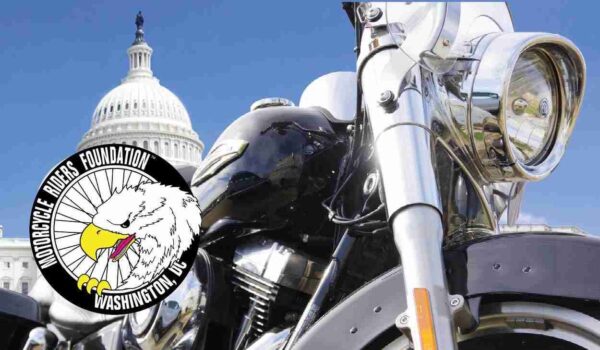Send a Letter to EPA Opposing California’s ICE Ban
Final Call: Oppose California’s ICE Ban The California Air Resources Board’s (CARB) “Advanced Clean Cars II” (ACC II) regulations ban the sale of new internal combustion engine vehicles by 2035. ACC II requires that 35% of new cars, SUVs, and small trucks sold in California must be zero-emissions vehicles (ZEV) starting in 2026. The regulation […]
Send a Letter to EPA Opposing California’s ICE Ban Read More »

